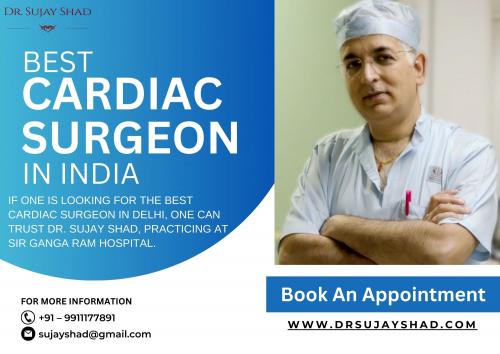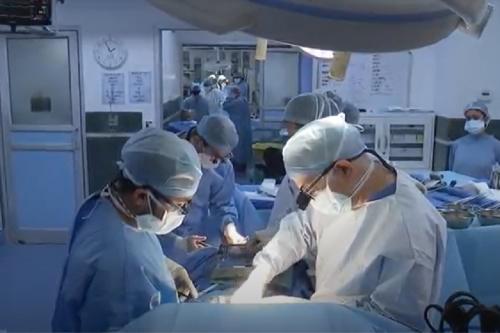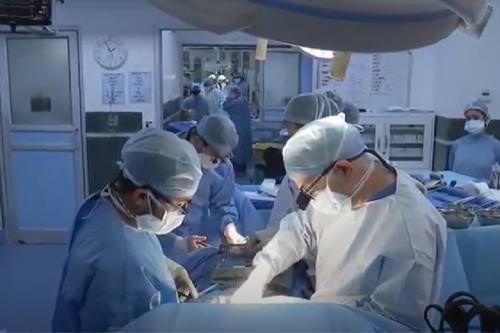Heart Transplant Surgery For Heart Failure- When It Is Done?

A heart or cardiac transplant is performed when there is no successful treatment for congestive heart failure. It is recommended for individuals who are at higher risk of dying from heart problems in upcoming years. Patients who need a hair transplant go through a selection process carefully due to a short supply of donor hearts. Survival rates for people after a hair transplant and Heart Failure Surgery in Delhi vary from person to person. Here, you can learn more about heart transplants and when this surgery is performed!
What is Heart Transplant Surgery?
Heart Transplant Surgery is not a cure for heart injury or failure. It is a surgical procedure recommended for people who are at the most advanced stage of heart disease, which can no longer be managed with other medical treatments effectively. It usually takes about four hours to complete. The patient needs to stay in the ICU after the surgery for at least one day.
In heart transplantation, the failing heart of the patient is replaced with the healthy heart of a donor. This procedure is an open-heart surgery which is highly recommended by professionals to patients who are at end-stage heart failure.
When a person needs a heart transplant:
As per Dr. Sujay Shad, a Heart Doctor in Delhi at Sir Ganga Ram Hospital, a person needs a heart transplant if they have heart failure and other treatments are not effective. Heart failure does not mean that the heartbeat is about to stop. The term failure refers to the failure of the heart muscle to pump blood normally because it is fragile, damaged, or both.
When the heart muscle severely fails in its trial to pump the blood throughout the body. In this condition, other treatments are not effective.
Heart failure affects various people worldwide.
Some of the most common causes of heart disease or heart failure are:
Heart attack (myocardial infarction)
Viral infection of heart muscles
Coronary artery disease
Diabetes
Uncontrolled high blood pressure
Infiltrative disease
Idiopathic dilated cardiomyopathy
Myocarditis
Alcoholism
Ischemia
Arrhythmias (irregular heartbeats)
Chronic lung disease.
In some significant cases only, Heart Failure Surgery in Delhi may require heart transplantation. Others can be managed with lifestyle changes, medicines, and minor surgeries. If you want more details, consult a heart doctor.
Who is an ideal candidate for a heart transplant?
Only some people are ideal for this procedure. A team that includes a cardiologist, surgeon, and physician at Sir Ganga Ram Hospital evaluates the necessary information to determine whether a person is eligible for the procedure.
The person should be under the age of 65 and suffering from a higher stage of heart failure yet in good health to receive a donor's heart.
All other treatment options have been considered and tried earlier or ineffective.
Only a heart transplant is the last option to save their life.
The patient has general good health without any active infection or other illnesses.
The patient should be committed to maintaining the lifestyle changes after transplantation.
Replacing a failing heart with a healthy heart may improve the symptoms of heart failure in the patient. Sometimes, it may eradicate the symptoms. However, it also causes side effects that require aftercare and recovery. For more details on heart ailments and Heart Failure Surgery in Delhi, consult Dr. Sujay Shad at Sir Ganga Ram Hospital to make informed choices.









Comments